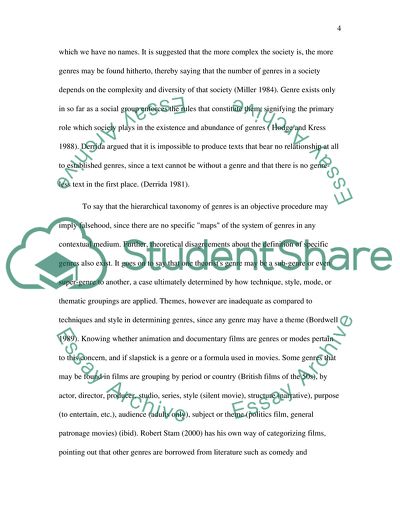Cite this document
(Types of Audiences Associated with Genre Assignment, n.d.)
Types of Audiences Associated with Genre Assignment. https://studentshare.org/literature/1713356-greys-anatomy
Types of Audiences Associated with Genre Assignment. https://studentshare.org/literature/1713356-greys-anatomy
(Types of Audiences Associated With Genre Assignment)
Types of Audiences Associated With Genre Assignment. https://studentshare.org/literature/1713356-greys-anatomy.
Types of Audiences Associated With Genre Assignment. https://studentshare.org/literature/1713356-greys-anatomy.
“Types of Audiences Associated With Genre Assignment”. https://studentshare.org/literature/1713356-greys-anatomy.


